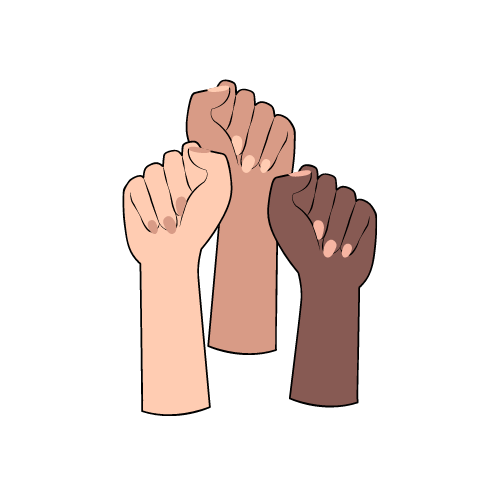
I live with two climate deniers. They are not old white conservative men. They are two men below the age of 25. It’s always shocking to me when I meet a young person that actively denies climate change. It makes me lose hope on us having a chance of winning the fight for a better environment. It also leaves me wondering how young minds with access to information can be so delusional. Then I stumble across articles like this one and I partially understand where delusion comes from.
After this week’s USA presidential debate, Emily Atkin (you can tell that I’m a fan) analyzed 30 different media outlets’ coverage of the environmental section of the debate and noticed that 25 of them focused on the negative outcomes of America’s economy going green. After reading this, I decided to look into the relation between journalism and climate denial. I found this 2017 study by Michael Brüggemanna and Sven Engesser that, in simple lines, defends that journalists are doing a better job of reporting on the climate crisis. It also states that ‘interpretative’ climate journalism handling of deniers gives the later plenty of media space for spreading their views and further polarizes the climate debate.
These deniers come in all shapes and sizes. Professor Mark Maslin divided the kinds of climate denial in five different kinds and probably all of them may sound familiar to you. All of their arguments are easily proved wrong but certain outlets insist on amplifying their voices.
- Science denial. Those that claim that climate science is contradictory and cannot be trusted.
- Economic denial. Those that claim that going green is too expensive and that the current economic model is better.
- Humanitarianism denial. Those that claim that climate change is actually good for the planet.
- Political denial. Those that claim that not all countries are taking action against climate change and so their country shouldn’t either.
- Crisis denial. Those that claim that climate change is not as bad as it seems.

From: Freepik
How many climate deniers have you met in person or through media? Do you recognize these arguments? If you do, it’s because (in)famous world leaders are quoted by journalists whenever they make statements of the sort, for the sake of bringing balance to a news piece or of giving space to all voices. Reproducing such false claims is irresponsible because it’s a practice that reproduces and validates them to people that do not believe in or have doubts about climate change.
Holding journalists accountable is still the best way to ensure that they’ll improve their practice. As consumers of information we can financially support journalists and news outlets that write accurately about climate. We can formally or informally question those that do not. And we can spread information. I’ve shared here with you a few blogs and websites that do good climate journalism. Feel free to share some of yours with me too in the comment section!

